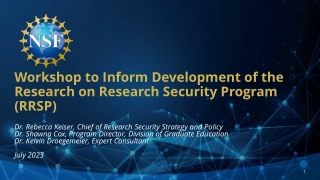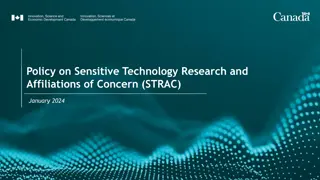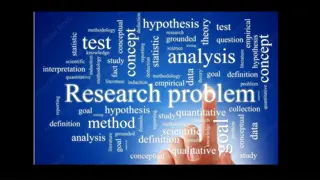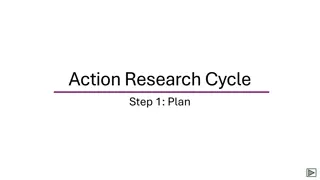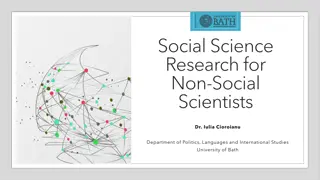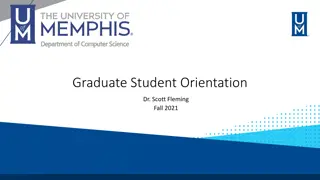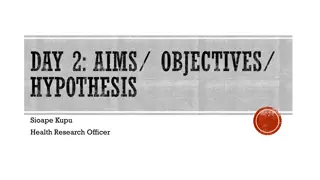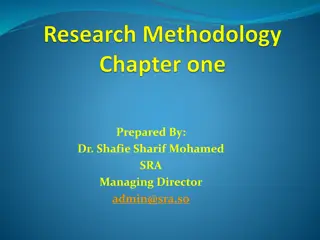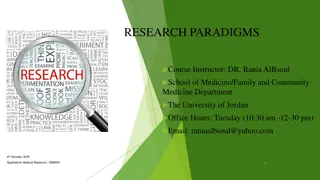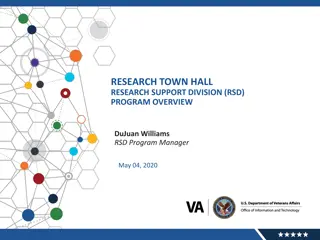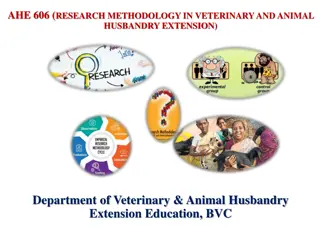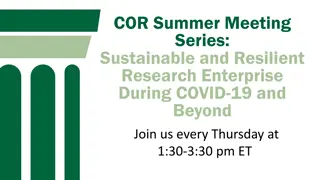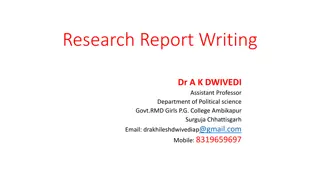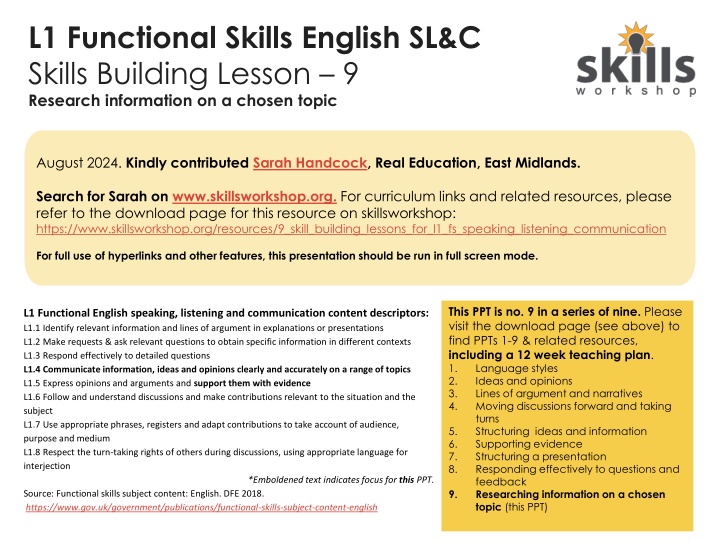
Effective Strategies for Researching and Presenting Topics
Explore strategies and tips for selecting and researching a topic of interest for presentations and discussions in this language skills lesson. Discover how to engage with relevant information effectively to enhance communication skills.
Download Presentation

Please find below an Image/Link to download the presentation.
The content on the website is provided AS IS for your information and personal use only. It may not be sold, licensed, or shared on other websites without obtaining consent from the author. If you encounter any issues during the download, it is possible that the publisher has removed the file from their server.
You are allowed to download the files provided on this website for personal or commercial use, subject to the condition that they are used lawfully. All files are the property of their respective owners.
The content on the website is provided AS IS for your information and personal use only. It may not be sold, licensed, or shared on other websites without obtaining consent from the author.
E N D
Presentation Transcript
L1 Functional Skills English SL&C Skills Building Lesson 9 Research information on a chosen topic Description: swlogo August 2024. Kindly contributed Sarah Handcock, Real Education, East Midlands. Search for Sarah on www.skillsworkshop.org. For curriculum links and related resources, please refer to the download page for this resource on skillsworkshop: https://www.skillsworkshop.org/resources/9_skill_building_lessons_for_l1_fs_speaking_listening_communication For full use of hyperlinks and other features, this presentation should be run in full screen mode. This PPT is no. 9 in a series of nine. Please visit the download page (see above) to find PPTs 1-9 & related resources, including a 12 week teaching plan. 1. Language styles 2. Ideas and opinions 3. Lines of argument and narratives 4. Moving discussions forward and taking turns 5. Structuring ideas and information 6. Supporting evidence 7. Structuring a presentation 8. Responding effectively to questions and feedback 9. Researching information on a chosen topic (this PPT) L1 Functional English speaking, listening and communication content descriptors: L1.1 Identify relevant information and lines of argument in explanations or presentations L1.2 Make requests & ask relevant questions to obtain specific information in different contexts L1.3 Respond effectively to detailed questions L1.4 Communicate information, ideas and opinions clearly and accurately on a range of topics L1.5 Express opinions and arguments and support them with evidence L1.6 Follow and understand discussions and make contributions relevant to the situation and the subject L1.7 Use appropriate phrases, registers and adapt contributions to take account of audience, purpose and medium L1.8 Respect the turn-taking rights of others during discussions, using appropriate language for interjection *Emboldened text indicates focus for this PPT. Source: Functional skills subject content: English. DFE 2018. https://www.gov.uk/government/publications/functional-skills-subject-content-english
Functional Skills Level 1 Speaking and Listening Learning Objective: to research information on a chosen topic. Last lesson recap: Give one strategy you can use to develop and extend your answer to a question.
Key Vocabulary Check you understand: research investigate Google fact statistic evidence example structure topic appropriate
In todays lesson, you are going to pick a topic to research to form the basis of the presentation for your assessment. You will have to research ideas for a presentation, and later on, a discussion as well. ***Link back to previous lessons: last lesson, we learned how to answer questions and respond to feedback effectively. This lesson, you are going to decide on the topic you will be answering questions on and speaking about in your presentation.
Step 1: Pick your topic Here are some tips for selecting a topic: Select a topic that is suitable. Check your proposed topic is deemed appropriate with your tutor before you start researching. Select a topic of personal interest to you and learn more about it. The research for it will be more enjoyable if you are learning about something that you find interesting. Select a topic for which you can find a manageable amount of information. If you find too much information, you may need to narrow your topic; if you find too little, you may need to broaden your topic. Be original. Stand out from your classmates by selecting an interesting and off-the-beaten-path topic.
If you are struggling to pick a topic, try one of these ideas: Is social networking a good or bad thing? What makes a good holiday/ the best holiday you ve ever been on Is money the most important thing in life? Celebrity figures - who do you admire and why? Which current bands/artists are the best performers? Does television play a positive or negative role in modern society? Your part-time job or voluntary role Your favourite author / book / film or TV series Is marriage important in modern society? Should women be treated the same as men? The city, town or village you live in Your pets Should we diet in order to keep fit / your views on a specific diet / gym culture A local festival or event in your country
Step 2: Work out what you need to find out 1. Briefly mind map what you already know about your topic and identify what you don t know; these are the things you need to find out. 2. As you do this, consider the audience and what they will already know and what they will find interesting. 3. Decide on a purpose - do you want to inform, explain or persuade? What information will you need to do this? The answers to these questions should guide your research.
Step 3: Conduct your research So now you have a topic and you ve decided the information you want to find out, you need to: Start at the beginning - think about the structure of your presentation and what information you want to include in each part - introduction, main body and conclusion. Apply this structure in your research. Locate information - the easiest way to research is using Google or any other search engine, but don t forget books, magazines and newspapers which might be useful, depending on your topic. When using the internet, try and be as specific as possible with the words you use in your searches to make sure you get the most relevant information. 1. 2. For example, if you are presenting your ideas on the country of France, don t just type in: France . Consider what you want to tell your audience, so you might type in: What are typical French foods?
Step 3: Conduct your research (continued) Make notes as you go - you could keep an open Google document or Gslides document as you research in which you transfer any information you find over to. You will then be able to sort through it and organise it into your presentation structure. You could make notes in any of the following ways: 3. On a Google doc On a Google slide presentation Bullet points Mind maps Paragraphs Under headings and subheading Questions and answers Note cards DO NOT just copy and paste lots of information from websites and read it out. Your presentation needs to be yours! It should contain your opinions and ideas. Your research should help you shape your ideas and provide you with supporting facts, statistics, evidence, examples and reasons.
Over to You! You now have the rest of the lesson to complete your research on your chosen presentation topic. Next lesson, you will begin writing your presentation. So, if you think you will need more time to research, you will need to do this for homework.
Plenary Have you achieved the learning objective? To gather research information on a chosen topic. Reflect and review: What is your chosen topic for your presentation? What is the purpose of your presentation? State 5 facts / statistics / examples / pieces of evidence or information you will include in your presentation.

